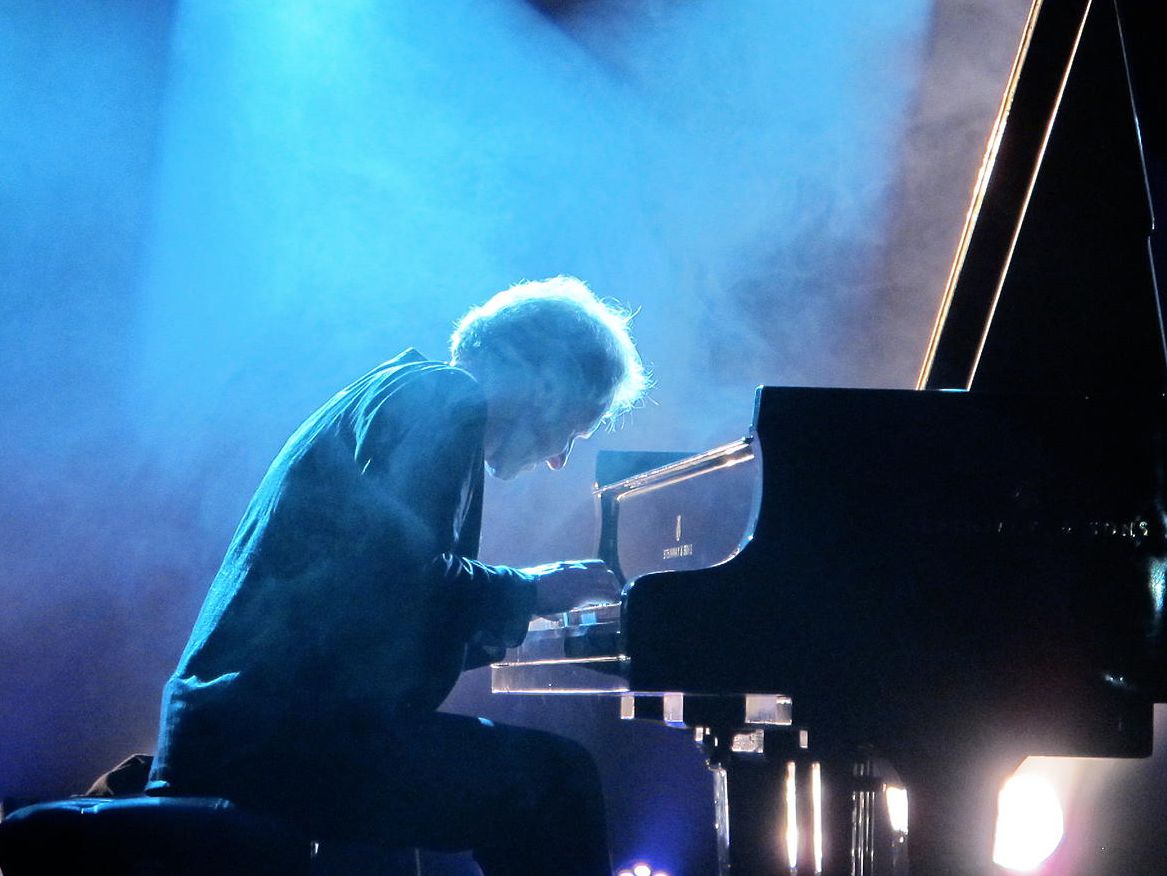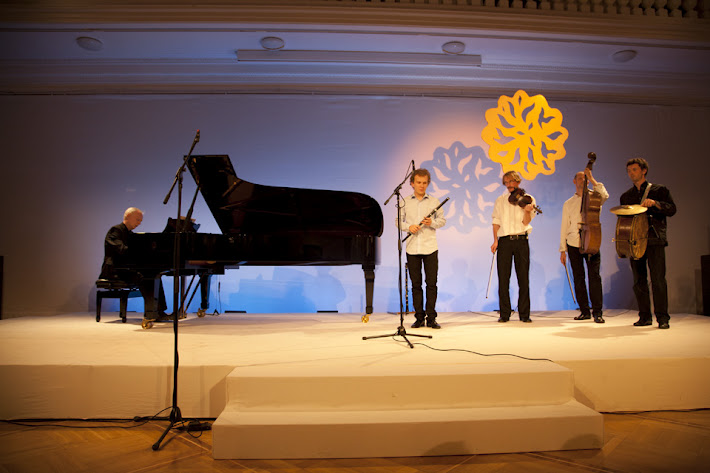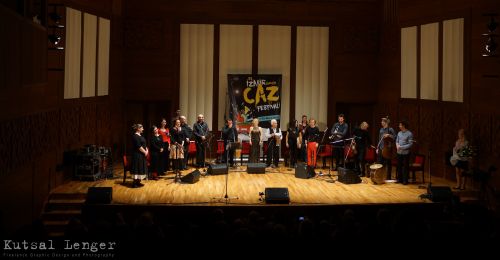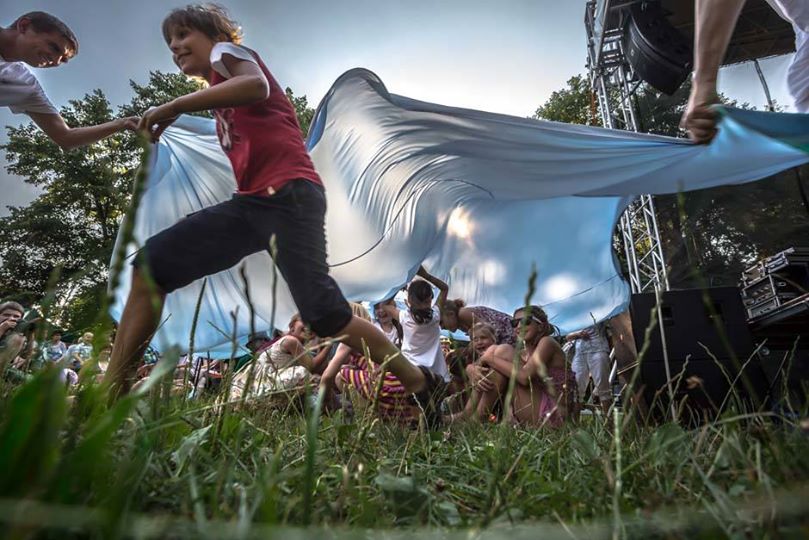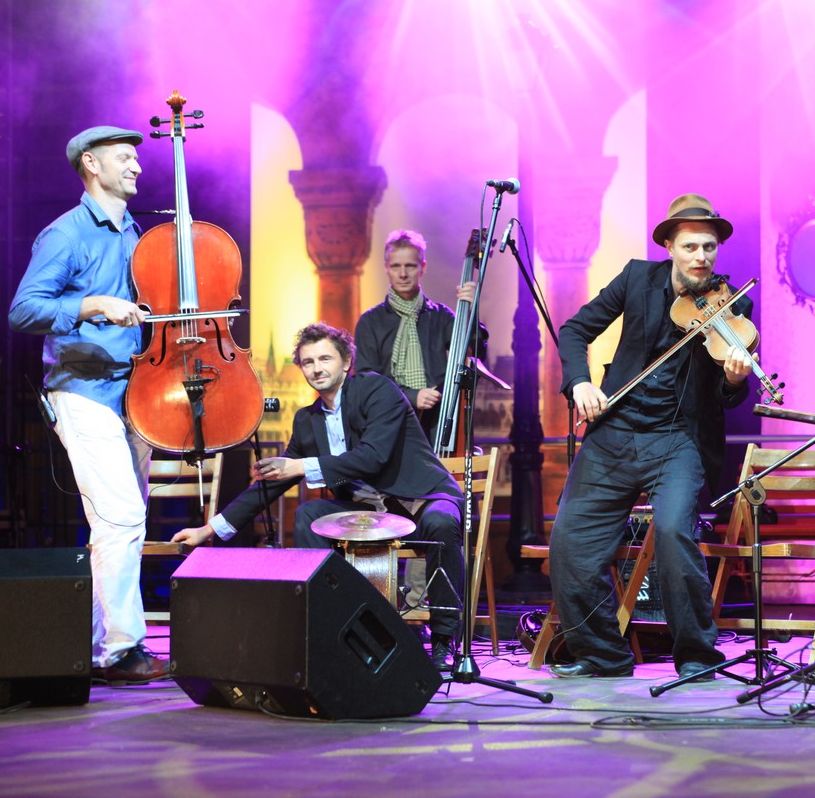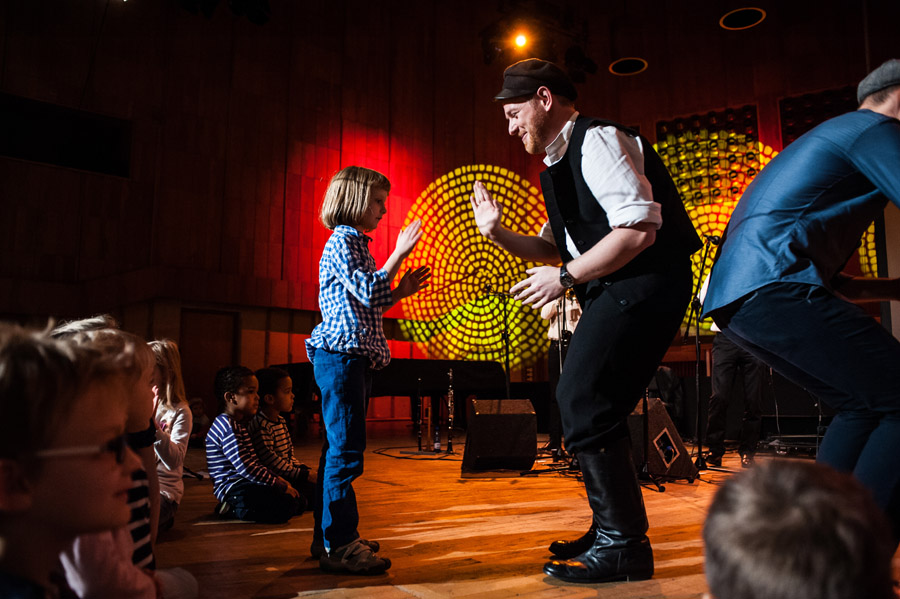Project Description
Secret Key to Chopin – Lost and Found
Are the sounds of kujawiak, mazurka, oberek and polonaise found in Chopin’s works deeply rooted in folk tradition, or are they merely a distant echo of ancestral melodies? Can a village fiddler “speak” the same musical dialect as a famous classical pianist, or do they belong to different worlds? Here we try to answer these questions.
Making music together by a pianist and a folk band touches upon some principles that apply to both worlds: the one of music of the Polish village and the one of Chopin’s masterpieces. The mysterious rubato becomes a dialogue with dancers, whose steps are guided by the rhythm of the melody. Mazurka tunes have their roots in the patterns of traditional songs. The unique quality of Chopin and traditional folk music becomes even more distinct thanks to the mutual context. They both belong to the realm of the great Polish music.
„I think that the essence of the phenomenon lies in Chopin’s remarkable ability to record and recreate the features of Polish traditional music, neglected by his contemporaries. The irregularities of rhythm and intonation that are barely perceptible, the peculiar scale, the repetitiveness of motifs – all these characteristics used to be dismissed as common, coarse and too difficult to put on paper. However, for Chopin they were crucial – and how right he was! In terms of understanding folk music, he was ahead of his era by one hundred years. […] We are privileged since we can listen to the music of the Polish rural areas of Mazowsze, Kujawy, Kurpie, Podlasie – in the exact shape that Chopin once heard it and loved it.”
Grzegorz Michalski, founder of The Fryderyk Chopin Institute
Performers:
Janusz Olejniczak (laureate of the 1970 International Fryderyk Chopin Piano Competition, juror) – piano
Janusz Prusinowski Kompania:
Janusz Prusinowski – fiddle, vocals, Polish accordion
Michał Żak – flute, shawm, carinet
Piotr Piszczatowski – frame drum, baraban drum
Piotr Zgorzelski – folk bass, dance
The program includes:
- Mazurka in G minor op.24 no. 1 – „Czemu nie orzesz, Jasieńku”;
- Mazurka in A minor op. 17 no. 4
- Mazurka in F major op.68 no. 3
- Mazurka in D major op.33 no. 2
- Mazurka in C major op.56 no. 2 and mazurka by Kazimierz Meto of Glina
- Mazurka by Jan Lewandowski of Strzemeszna
- Polonaise in A major
- Mazurka in A minor op. 67 no. 4
In addition, Janusz Olejniczak plays the selected mazurkas by Fryderyk Chopin, and Janusz Prusinowski Kompania performs the village tunes of mazurka, kujawiak and kujon from the regions of Radom, Rawa, Łowicz, Kujawy and Lublin.
Other projects:
